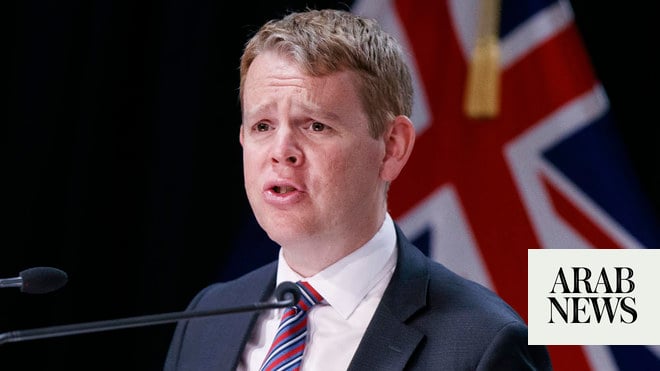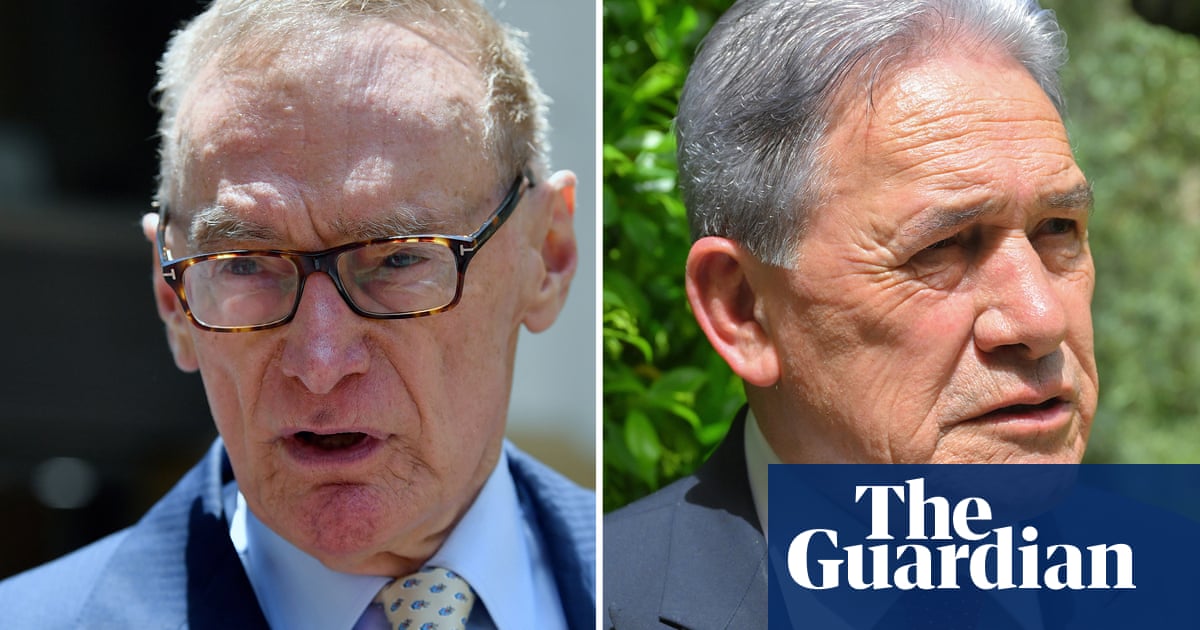
The former prime minister of Samoa has accused Jacinda Ardern of being behind the recent political crisis in Samoa, suggesting she had wanted to install a female prime minister.
“I am starting to get suspicious maybe New Zealand is behind all of this,” said Tuilaepa Sa’ilele Malielegaoi, during an interview with TV1 on Sunday night.
Tuilaepa was prime minister of the Pacific nation for more than 22 years – at the time of the April election, the second-longest serving prime minister in the world – before being ousted in a shock election upset earlier this year.
Fiame Naomi Mata’afa, the first female prime minister of Samoa, has had her first week in office after three months of political turmoil following the national election.
‘Women have not been able to hold these positions’: Samoa’s first female PM gets down to the job
Read more
He was beaten by his former deputy leader, Fiame Naomi Mata’afa, who last year defected from the Human Rights Protection party (HRPP), which had ruled Samoa for 39 years and became Samoa’s first female prime minister at the end of July.
Tuilaepa refused to accept Fiame’s victory for several months after the election, questioning the courts’ decisions and accusing her and her MPs of “treason”. The interview is the latest example of the former prime minister attempting to cast doubt on the victory of his successor, which has been ruled legal and constitutional by Samoa’s courts and recognised by other world leaders as legitimate.
“The government [of New Zealand] has been heavily involved,” he alleged, according to a translation of the interview by the Samoa Observer. “It looks like the New Zealand prime minister wanted Samoa to have a female prime minister, which has blinded her [Ardern] from seeing if it’s something that is in line with our constitution. But like that English proverb says: ‘the end justifies the means’.”
Samoa endured a protracted electoral crisis following the national election in April, which saw legal challenges and Fiame and other MPs from her party locked out of the parliament building on the day they were due to be sworn in to parliament.
At the end of July, the Samoan court of appeal ruled the Faatuatua ile Atua Samoa ua Tasi (FAST) party was the official winner of the national election in April and that Fiame was the country’s prime minister. She took office in late July and was recognised as Samoa’s leader by other leaders of Pacific nations at the Pacific Islands Forum leaders meeting the next week.
Tuilaepa Sailele Malielegaoi, the former Samoan prime minister and current opposition leader, pictured (left) in 2019, and his successor and the first female prime minister of Samoa, Fiame Naomi Mata’afa.
Tuilaepa Sailele Malielegaoi, the former Samoan prime minister and current opposition leader, pictured (left) in 2019, and his successor and the first female prime minister of Samoa, Fiame Naomi Mata’afa. Composite: AP/Rudy Bartley
Ardern was one of the first world leaders to congratulate Fiame on her election to the office of prime minister after the court ruled her victory was legitimate, which was seen as a key moment in the global community accepting her victory.
Advertisement
Tuilaepa said her prompt congratulations was “proof” that the New Zealand government had “planned this all along”.
“The proof is, as soon as the [court] decision was handed down, the prime minister of New Zealand immediately sent her congratulatory message … The fact that she quickly sent Fiame her well wishes makes me think that they had planned all of this.”
A spokesperson for Ardern rejected the allegations saying they are unfounded.
New Zealand is Samoa’s closest ally, with many Samoans living in New Zealand.
Fiame is only the second woman to lead a Pacific Island country, after Hilda Heine, former president of the Marshall Islands.
The Pacific has the lowest rate of female representation in politics anywhere in the world, with just 6% of all MPs being women regionally. Three countries in the world have no women in parliament. All of them – Vanuatu, Papua New Guinea and the Federated States of Micronesia – are in the Pacific.












